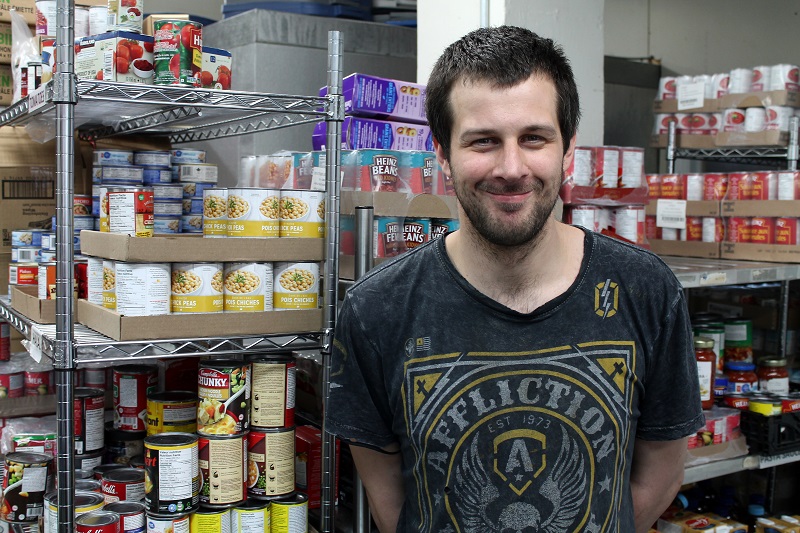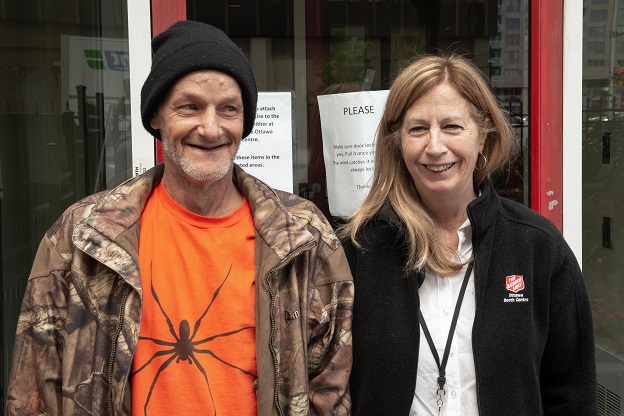Rethinking Drinking

The statistics are not good. About 6,700 Canadians die each year as a result of drinking alcohol.
Paul’s story
“For 20 years, it was just me and a bottle,” says Paul, rethinking his alcohol abuse. “Although I cheated death several times and lost all that was important to me, I defended my addiction to the bitter end.”
Paul, the youngest of nine children, describes his upbringing in Windsor, Ontario, as “normal, but with humble means.” He had a love of learning, excelled in school and sports, and was popular with friends. But at age 13, he went from being a happy, energetic kid to one less outgoing and depressed.
“Going to a new school was like walking into a stranger’s house,” says Paul. “I suddenly lacked confidence and suffered great anxiety over meeting new teachers and friends. Leaving my peers was surprisingly tough on me.”
Life-altering decisions
Paul’s exposure to alcohol came early in life as he’d often witnessed his siblings and parents kicking back with a bottle of beer. It was readily available in his home and, one day, after a hard time at school he made an impulsive decision.
Drinking was like learning to ride a bike and Paul gradually got used to this new experience. For a while he felt more talkative, less shy. But over time it took more and more drinks to make him “feel better.”
Paul’s drinking escalated to more than 20 beer a day. By his early 30s dishonesty and deception was taken to absurd levels. Meanwhile, Paul was blacking out three to four days at a time. He slept under bridges and in parks. He frequently found himself in hospital emergency rooms vomiting blood (alcohol had burned his esophagus), delirious and shaking so much he couldn’t even hold a pen.
The physical effects of alcohol on Paul were many, far reaching and dangerous. He recalls his brush with death when an inebriated buddy at the wheel lost control of the car, leaving Paul with serious injuries—his head went through the windshield. Not even this changed his flow and intake of alcoholic beverages.
Recovery
Over many years Paul’s attempts at rehabilitation were through revolving doors. His puffed up approach to recovery left him abandoning support systems and he would end up right back in the thick of addiction, sometimes landing in worse trouble.
In late 2011 Paul, now age 45, was finally ready to admit he had a problem and reached out for help. M.A.S.T. (Men’s Addiction Support and Treatment) is collaboration between The Salvation Army and the Canadian Mental Health Association in Windsor.
Here Paul explored the effects of substance abuse on his life, learned new ways of coping with stress and accessed ongoing social supports. Receiving treatment in an outpatient setting in his own community allowed Paul to benefit from supportive family and integrate the skills he learned into his life on an ongoing basis.
“Recovery for me meant getting honest with myself and others,” says Paul. “The Salvation Army didn’t care that I had messed up over and over again, they made me feel worthwhile and just really wanted to help me.”
Today Paul is anxious to get back into the workforce with an interest in culinary arts. “The fact that I’m able to function in society is my definition of recovery.”



